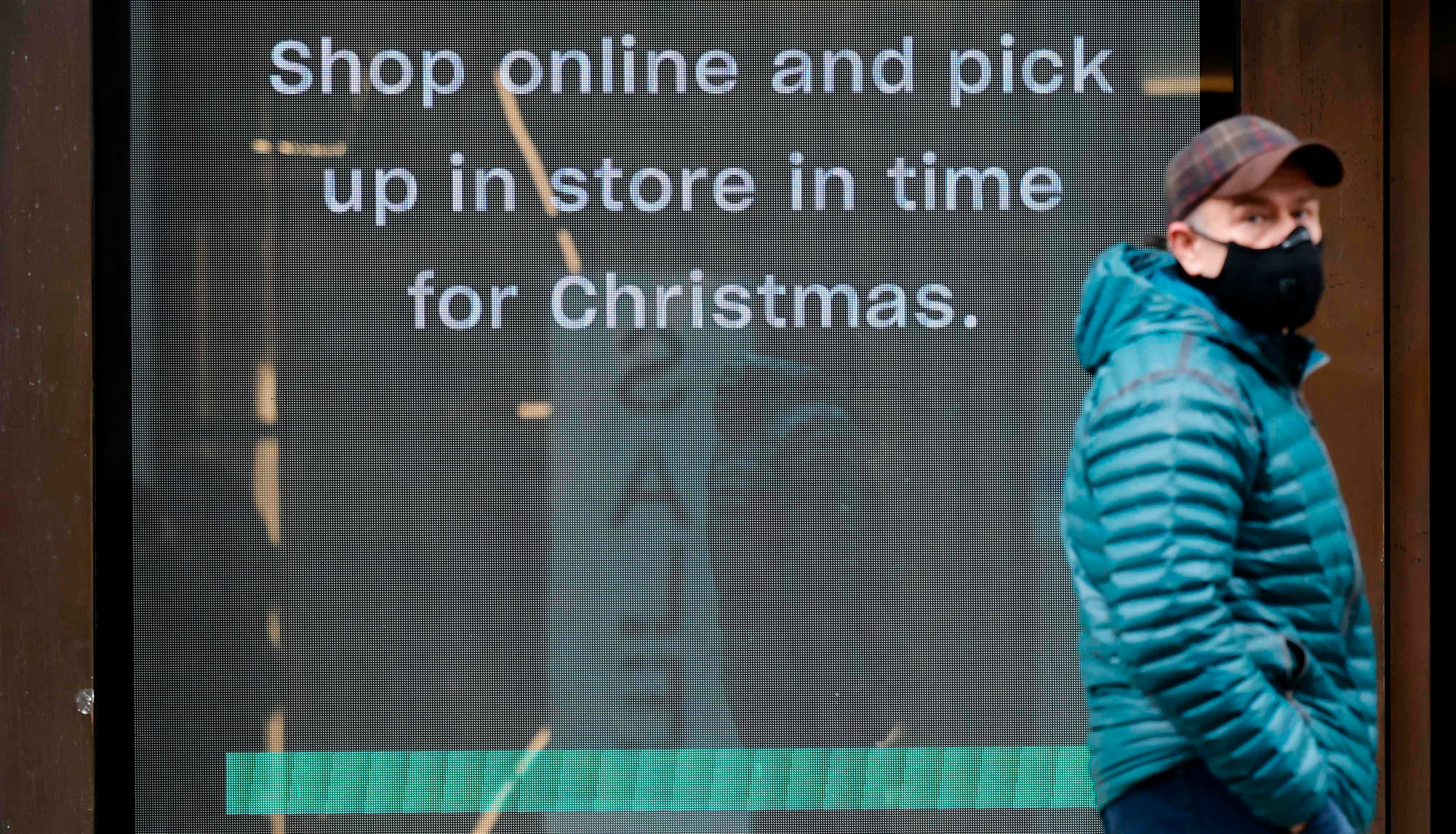Why £300bn of government borrowing in the pandemic has been money well spent
The economics profession has been united in the view that it was necessary for the government to allow the deficit to balloon in the extraordinary context of the past year, says Ben Chu


The headlines – unsurprisingly – refer to record borrowing.
The Office for National Statistics reported on Friday that the government’s deficit over the 2020-21 fiscal year came in at around £303bn.
That’s up from just £57bn in 2019-20 and is easily the largest amount borrowed in cash terms by a UK government in a single year.
The sum is equivalent to around 14.5 per cent of the UK’s national income, a rate of national borrowing not seen since the Second World War.
But 2020 was not, as we shouldn’t need reminding, any ordinary year for the UK.
Thanks to the pandemic our national income collapsed by around 10 per cent, the most extreme slump in economic activity for more than three centuries.
That record borrowing was used, through the £78bn furlough schemes, to support the incomes of millions of people who were rendered unable to work because of lockdowns.
Further billions of borrowed pounds funded survival grants to millions of shops, pubs and restaurants which saw their customers disappear overnight last March.
The public credit was used to increase spending on public services, not least the overwhelmed health system.
This was a national emergency on a similar scale to a major world war and that’s crucial context in which that record borrowing ought to be viewed. Extreme circumstances call for extreme responses.
Economists famously disagree but the profession has been united in the view that it was necessary for the government to allow the deficit to balloon in the extraordinary context of the past year.
Trying to keep public borrowing down amid collapsing economic activity would have run directly against everything the profession has learned since the catastrophic policy errors of the Great Depression of the 1930s.
Indeed, the deficit would almost certainly have been even larger as a share of the economy if the government had not borrowed such record-breaking sums.
“The contraction would been much higher if there hadn’t been this government support, especially the furlough scheme,” says Hande Kucuk of the National Institute of Economic and Social Research (Niesr).
Why? Because replacing the incomes of the furloughed enabled them and their families to keep spending, which supported non-furloughed workers and non-shut down businesses.
“A policy response on this scale has been absolutely necessary in terms of fighting Covid-19,” says Charlie McCurdy of the Resolution Foundation.
“Without support such as the job retention scheme, which at its peak protected one in three private sector workers, the UK would have experienced catastrophic levels of unemployment.”
Similarly, failing to spend borrowed billions on supplying health workers with personal protective equipment and on boosting the capacity of hospitals and the testing infrastructure would have resulted in still more severe epidemic, which would have made the economic collapse all the greater.
Moreover, the furlough scheme and the support for businesses will have helped to protect the productive capacity of the economy in the medium term too.
Mass unemployment and a cascade of business failures would have wiped out skills, investment and embedded know-how in companies, making the economy permanently smaller in the coming years than we can now expect it to be as we emerge.
The borrowing that averted this can thus be seen as a form of investment.
“Doing otherwise could have created long-lasting scars which would be far worse for fiscal sustainability,” says Michal Stelmach of the accountancy firm KPMG.
The broad orientation of fiscal policy (if not every item of expenditure) during the height of the crisis was, then, entirely appropriate – and the fact that borrowing broke records is an irrelevance.
Yet it could have been better implemented.
“They could have linked the duration of the furlough or the business scheme to the duration of the lockdown” says Kucuk of Niesr.
She cites the delay by the chancellor, Rishi Sunak, in announcing the extension of the furlough scheme until just before it was due to expire last autumn, which likely meant at least some firms made workers redundant unnecessarily in the meantime.
The National Institute will next week release a major new report, drawing on extensive interviews with politicians and policymakers and the work of respected academics, proposing a fresh approach to the formation of fiscal policy by the Treasury.
It will argue for allowing the Office for Budget Responsibility, the Treasury’s fiscal watchdog, to explore various economic scenarios in its Budget reports, the creation of an independent expert fiscal council in the style of the US president’s council of economic advisors and the creation of a generally more rigorous and transparent regime for taxing, spending and borrowing.
A year of record-breaking importance for fiscal policy makes a powerful case for such an overhaul.
Join our commenting forum
Join thought-provoking conversations, follow other Independent readers and see their replies
Comments